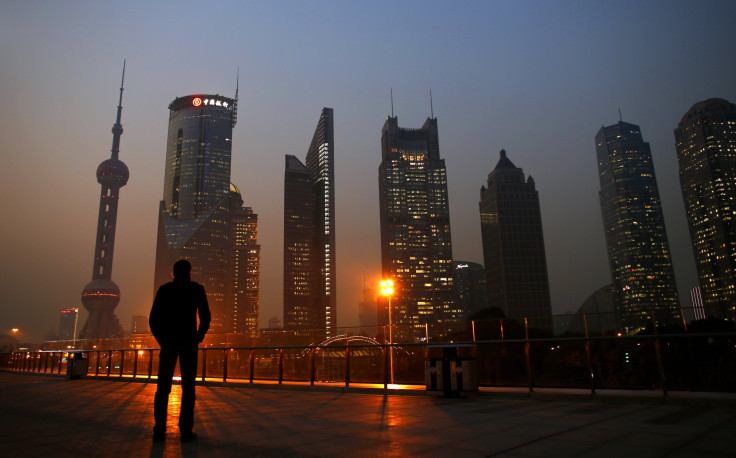China's Astronomical Housing Prices Caused By Taxes And Red Tape, Billionaire Property Tycoon Says

China’s housing prices are far too high, but they may not fall until exorbitant taxes and bureaucratic red tape are scrapped, Chinese property tycoon Xu Jiayin said recently.
Jiayin, a real estate tycoon and the tenth richest person in China, said arbitrary charges and duplicate administrative approvals are the real culprits behind the unsustainably high property prices, the Wall Street Journal reported on Thursday.
“There are too many redundant approvals that developers must seek,” Xu said at a closed-door panel discussion Wednesday during the annual session of China’s largely ceremonial parliament.
The lengthy time required for as many as 110 different administrative approvals in some cities push up developers’ costs, Xu added, which in turn led to higher housing prices. After the panel, Xu then published some of his comments, which came as the property market is actually showing signs of cooling off, with developers offering discounts, free parking spaces and other perks in some cities.
Xu is the chairman of the property developer Evergrande Group Ltd., and is worth $6.1 billion, according to the Hurun Rich List, a ranking of mainland China’s richest citizens, similar to the Forbes Rich List. His company is the well-known backer of the Guangzhou Evergrande soccer team, which last year became the first Chinese club to win an international title in more than two decades, the Wall Street Journal reported.
Home prices in China have consistently been on an upward trend in the past few years. In December, prices showed the biggest year-on-year increase in 2013 at 12 percent. Overall, the price of new homes rose 9.2 percent in 2013, with prices in Guangzhou jumping 20 percent from a year earlier, while in Beijing and Shanghai prices increased 16 percent and 18 percent respectively.
Outside the biggest cities, however, there are already signs of oversupply. If China opens up its capital account, property owners may rush to the exit and shift their money overseas, which may well cause a crash in the market.
© Copyright IBTimes 2024. All rights reserved.





















